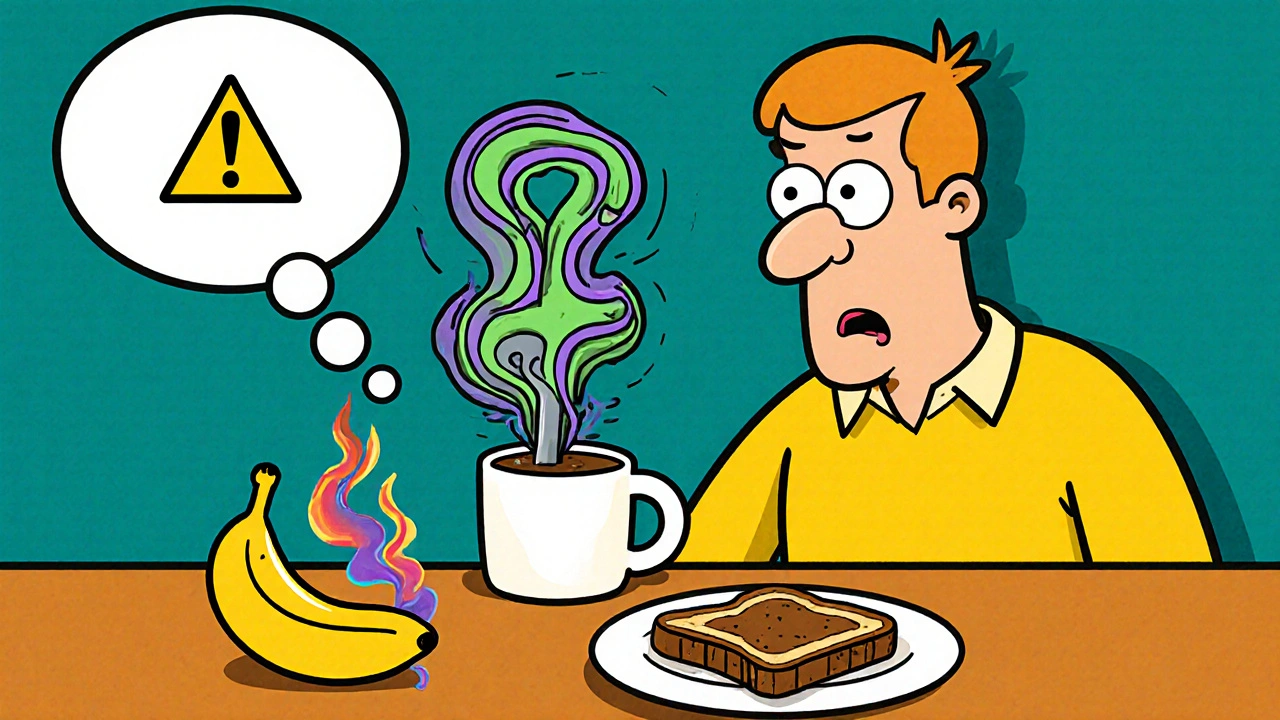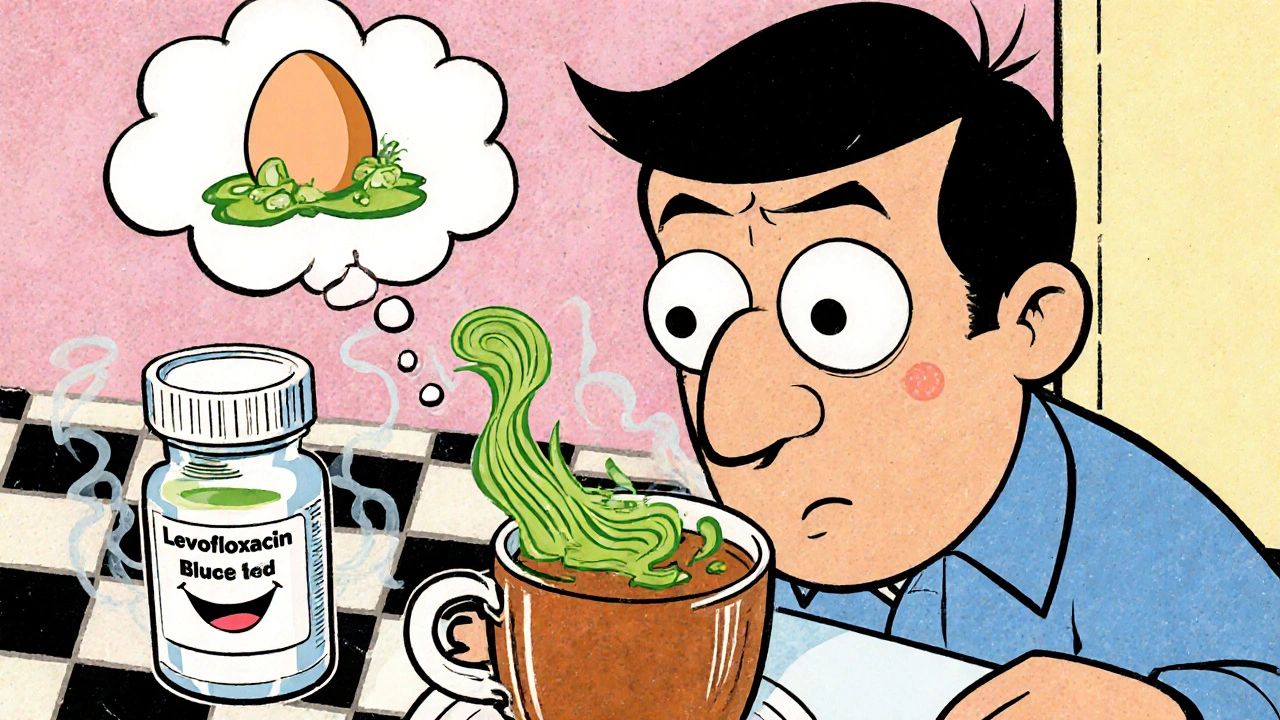Drug-Induced Anosmia: Causes, Common Medications, and What to Do
When you lose your sense of smell because of a medication, it’s called drug-induced anosmia, a loss of smell directly caused by pharmaceutical use. Also known as medication-related olfactory dysfunction, it’s not rare—many people don’t realize their faded sense of smell isn’t just aging or a cold, but a side effect of something they’re taking daily. Unlike temporary smell loss from a sinus infection, this type sticks around even after the illness is gone, and it can sneak up slowly. You might not notice until you can’t smell coffee, perfume, or gas leaking from your stove.
It’s not just one drug. benzodiazepines, commonly prescribed for anxiety and sleep, have been linked to smell changes in clinical reports. So have PPIs, acid reflux drugs like omeprazole and esomeprazole, which interfere with zinc absorption—a mineral critical for smell function. antihypertensives, including drugs like losartan and hydrochlorothiazide, can also disrupt nerve signals in the nose. Even common antibiotics, antifungals like fluconazole, and some antidepressants like venlafaxine have shown up in case studies as potential triggers.
Why does this happen? Some drugs damage the olfactory nerve endings directly. Others alter the chemistry of mucus in your nose, making it harder for odor molecules to reach receptors. Some interfere with zinc, copper, or vitamin A—all needed for smell cells to regenerate. And in some cases, it’s not the drug itself, but how your body reacts to it over time. The good news? If caught early, stopping or switching the medication can bring your smell back. Not always, but often enough to make it worth investigating.
If you’ve noticed your food tasting flat, or you can’t smell smoke or spoiled milk, talk to your doctor. Don’t assume it’s just getting older. Keep a log: when did it start? What meds did you begin or change around then? Bring that list. Many doctors don’t ask about smell loss—it’s not on the checklist. But it should be. Your sense of smell affects safety, nutrition, and even mental health. Losing it quietly can lead to depression, weight loss, or missed dangers like gas leaks or fires.
In the posts below, you’ll find real-world breakdowns of medications that affect your body in unexpected ways—from biotin messing with lab tests to diuretics changing your sleep. These aren’t just side effects listed in fine print. They’re lived experiences. And if you’re dealing with smell loss from a drug you can’t stop, there are alternatives, workarounds, and ways to push back. This isn’t about fear. It’s about awareness. Let’s look at what others have found—and what you can do next.
 4 Nov 2025
4 Nov 2025
Many medications can cause dysosmia-distorted or phantom smells-that affects appetite, safety, and quality of life. Learn which drugs cause it, why it happens, and what to do if you're affected.
View More
 4 Nov 2025
4 Nov 2025
Many medications can distort your sense of smell, causing food to taste foul or phantom odors to appear. Learn which drugs cause dysosmia, how long it lasts, and what to do if it happens to you.
View More


